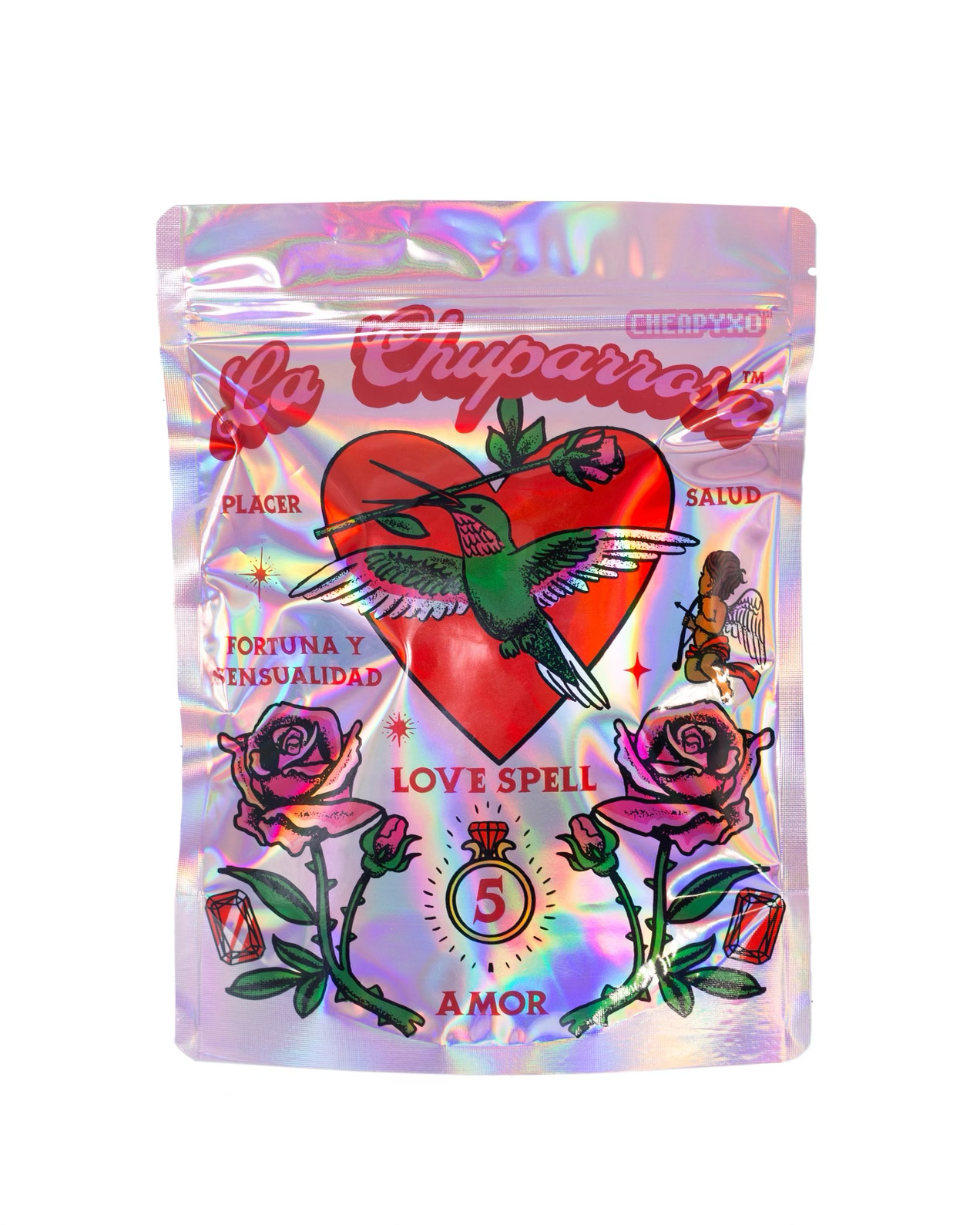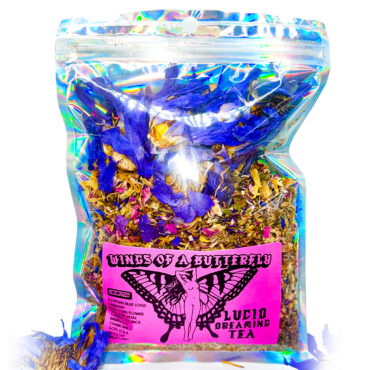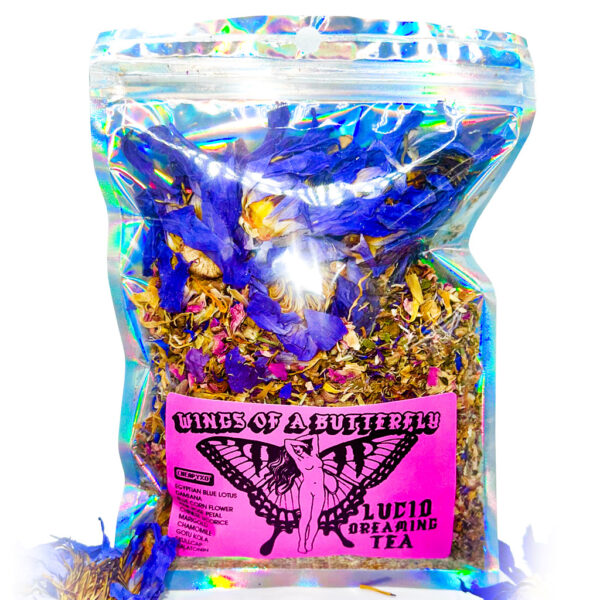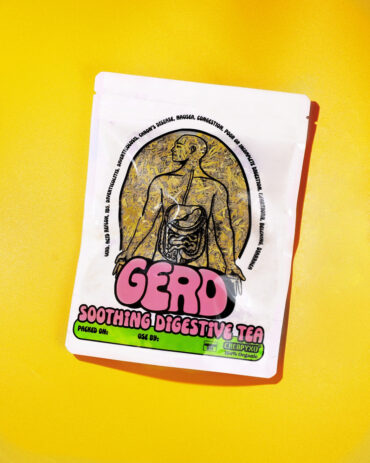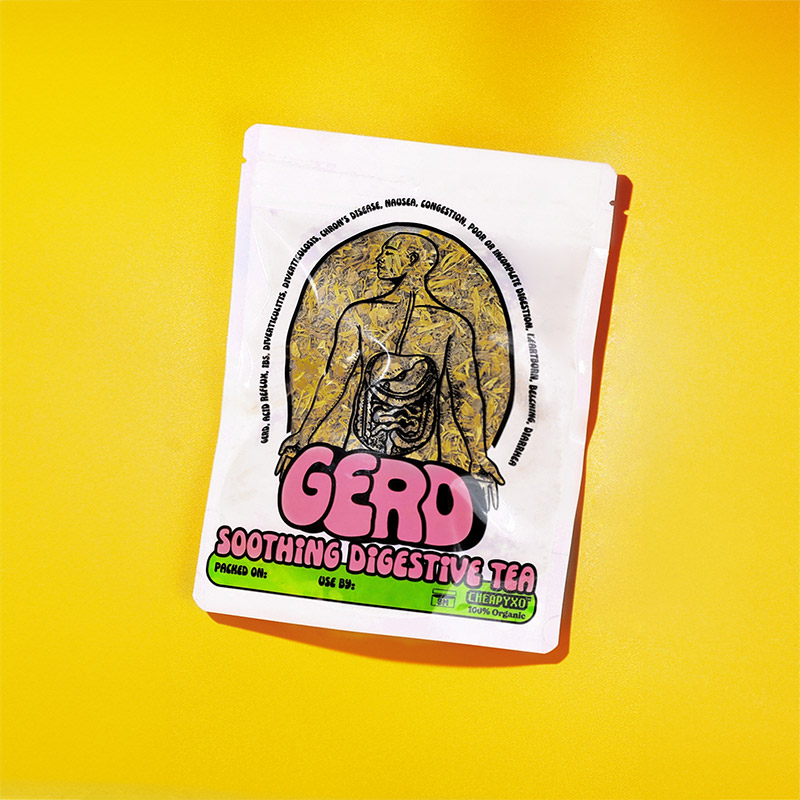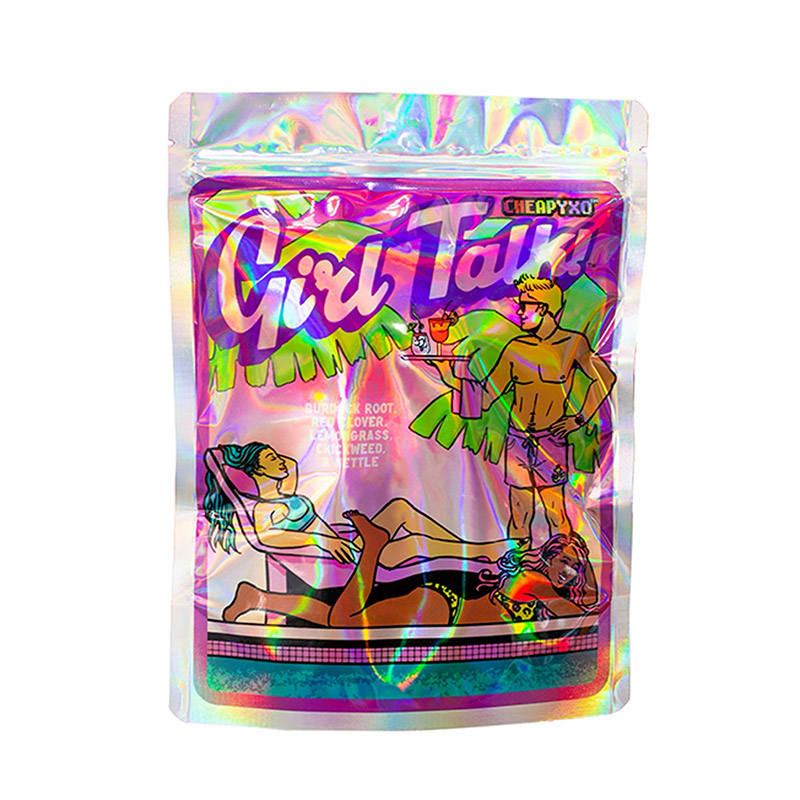Additional Information
Eleuthero root, also known as Siberian ginseng (scientific name Eleutherococcus senticosus), is a traditional herbal remedy often used in herbal medicine. It is primarily considered an adaptogen, meaning it may help the body adapt to stress. Below are some potential effects and benefits of eleuthero root:
Positive Effects:
1. Stress Reduction:
• As an adaptogen, eleuthero may improve the body’s resilience to physical and emotional stress.
• It can potentially reduce fatigue and improve mental performance under stress.
2. Boosts Energy and Stamina:
• Often used to combat fatigue and improve physical endurance.
• May enhance athletic performance and recovery.
3. Immune System Support:
• Believed to enhance immune function by stimulating the activity of immune cells like T-cells and natural killer cells.
• May reduce the frequency and severity of colds and flu.
4. Cognitive Benefits:
• May improve focus, concentration, and mental clarity.
• Could help with memory retention and reduce mental fatigue.
5. Supports Cardiovascular Health:
• May help lower blood pressure and improve circulation by reducing inflammation and stress on the cardiovascular system.
6. Blood Sugar Regulation:
• Some studies suggest it may help lower blood sugar levels, making it potentially useful for managing diabetes.
7. Anti-Inflammatory Properties:
• Contains compounds that may help reduce inflammation, which could be beneficial for chronic conditions.
Potential Side Effects:
While generally considered safe for short-term use, eleuthero root can cause side effects in some individuals:
• Insomnia or sleep disturbances (especially when taken in large doses or close to bedtime).
• Nervousness or agitation.
• Mild digestive upset (e.g., nausea, diarrhea).
• Changes in blood pressure (can either raise or lower it in sensitive individuals).
• Allergic reactions in rare cases.
Precautions:
1. Pregnancy and Breastfeeding:
• Not enough is known about its safety during pregnancy or breastfeeding, so caution is advised.
2. Interactions with Medications:
• May interact with medications for blood pressure, diabetes, or immune suppression.
• Could increase the effects of stimulants or reduce the effectiveness of sedatives.
3. Pre-existing Conditions:
• Should be avoided by individuals with severe hypertension, certain heart conditions, or autoimmune disorders unless recommended by a healthcare provider.
Oatstraw (Avena sativa), derived from the stems and leaves of the oat plant, is a traditional herbal remedy known for its calming and nourishing properties. It is widely used for promoting overall health, particularly for the nervous system. Below are some potential benefits of oatstraw:
1. Supports Nervous System Health
• Calming Effects: Known as a natural relaxant, oatstraw may help reduce stress, anxiety, and nervous tension.
• Improved Sleep: Promotes relaxation, making it beneficial for those struggling with insomnia or restless sleep.
2. Enhances Cognitive Function
• Mental Clarity and Focus: Oatstraw is believed to support brain health by increasing blood flow to the brain, potentially improving focus, memory, and concentration.
• Neuroprotection: Some research suggests it may have a protective effect on the nervous system, possibly benefiting cognitive function over time.
3. Boosts Energy Levels
• Acts as a gentle tonic that helps combat fatigue and increase physical and mental stamina without overstimulating the body.
4. Supports Cardiovascular Health
• Improves Circulation: May enhance blood flow and support healthy blood pressure levels.
• Cholesterol Regulation: Contains compounds like beta-glucans that may help reduce LDL cholesterol, promoting heart health.
5. Strengthens Bones and Joints
• Rich in Minerals: High in silica, calcium, and magnesium, which are essential for maintaining strong bones and connective tissues.
• May help alleviate joint discomfort and support overall skeletal health.
6. Hormonal Balance and Menstrual Health
• Menstrual Support: Traditionally used to ease symptoms of PMS, such as irritability and cramps, due to its calming and nourishing properties.
• May support overall hormonal balance, particularly in women.
7. Skin and Hair Health
• Nourishes the Skin: Oatstraw’s silica and antioxidants may promote healthy, glowing skin.
• Strengthens Hair: The silica content is also thought to help strengthen hair, reduce hair fall, and improve texture.
8. Supports Digestive Health
• Rich in soluble fiber, oatstraw may help improve digestion, alleviate bloating, and support healthy gut bacteria.
9. Immune System Support
• Contains vitamins and minerals like zinc and selenium that may strengthen the immune system and protect against infections.
How to Use Oatstraw
• Tea or Infusion: A common preparation involves steeping dried oatstraw in hot water to create a nourishing tea or infusion.
• Capsules or Extracts: Available in supplement form for convenience.
• Topical Applications: Can be used in baths or compresses to soothe skin irritation or promote relaxation.
Precautions
• Allergic Reactions: Rare but possible, especially for individuals with oat allergies.
• Medication Interactions: Consult with a healthcare provider if you’re taking medications for heart health, blood pressure, or mental health.
• Pregnancy and Breastfeeding: Generally considered safe but consult a healthcare provider for specific guidance.
Oatstraw is a versatile herb with gentle yet effective properties. It’s often used as part of a holistic approach to support the nervous system, heart, and overall well-being. Always consult a healthcare professional if you’re using it for a specific health concern.
Marshmallow root (Althaea officinalis) is a time-honored herb with a variety of health benefits. It is rich in mucilage, a gel-like substance that provides soothing and protective properties, making it a popular choice for addressing inflammation, irritation, and dryness in various parts of the body.
1. Soothes Digestive Issues
• Protects the Gut Lining: The mucilage forms a protective barrier over the digestive tract, reducing irritation and promoting healing.
• Relieves Heartburn and Acid Reflux: Helps coat the stomach lining and esophagus, alleviating symptoms of reflux.
• Eases Ulcers and Colitis: May help reduce inflammation and promote healing in conditions like peptic ulcers and inflammatory bowel diseases.
2. Supports Respiratory Health
• Relieves Coughs and Sore Throat: The mucilage soothes irritated throat tissues, making it an effective remedy for dry coughs or sore throats.
• Loosens Mucus: May help reduce chest congestion by loosening mucus, making it easier to expel.
• Alleviates Bronchitis and Asthma Symptoms: Its anti-inflammatory and soothing properties can help reduce respiratory discomfort.
3. Promotes Skin Health
• Calms Irritated Skin: Used topically to soothe skin conditions like eczema, dermatitis, and psoriasis.
• Speeds Healing of Wounds: The anti-inflammatory and antimicrobial properties may promote faster healing of cuts, burns, and insect bites.
• Hydrates Dry Skin: Acts as a natural moisturizer for dry or cracked skin.
4. Supports Urinary Health
• Soothes Urinary Tract Infections (UTIs): The mucilage helps coat and protect the urinary tract, reducing irritation and inflammation.
• Promotes Healthy Bladder Function: May help alleviate discomfort from bladder infections or interstitial cystitis.
5. Eases Inflammation
• Anti-inflammatory Properties: Marshmallow root’s natural compounds may reduce inflammation throughout the body, making it helpful for conditions like arthritis or inflammatory bowel disease.
6. Oral Health Benefits
• Soothes Mouth Irritations: Used as a rinse for canker sores, gum inflammation, or sore gums.
• Promotes Healing: Encourages faster recovery of oral wounds and irritations.
7. Aids in Hydration
• Helps Retain Moisture: The mucilage may help maintain hydration in cells, which is beneficial for dry skin, tissues, or chronic dehydration issues.
How to Use Marshmallow Root
• Tea or Infusion: Steep dried marshmallow root in hot water to make a soothing tea for internal use.
• Syrups: Often combined with honey to address respiratory issues like coughs.
• Capsules or Powders: Available as supplements for convenience.
• Topical Applications: Used in creams, ointments, or poultices for skin and wound care.
Precautions
1. Drug Interactions:
• Marshmallow root may reduce the absorption of certain medications. It’s best to take it at least 2 hours before or after other medications.
2. Allergies: Though rare, some individuals may experience allergic reactions.
3. Pregnancy and Breastfeeding: Generally considered safe, but consult a healthcare provider before use.
4. Diabetes: May lower blood sugar levels, so monitor closely if you’re on diabetes medication.
Marshmallow root is a gentle yet powerful herb with a wide range of uses. Its soothing and healing properties make it a valuable remedy for various ailments, especially those involving irritation or inflammation.
Pink rose petals, especially from organically grown roses, have been used for centuries in traditional medicine and beauty practices. They are rich in vitamins, antioxidants, and essential oils, offering several health and wellness benefits. Here’s a look at the potential benefits of pink rose petals:
1. Skin Health
• Hydration and Soothing: Rose petals are naturally hydrating and help soothe irritated, sensitive, or inflamed skin.
• Antioxidant Properties: Rich in antioxidants like vitamin C, they help protect skin from free radical damage and promote a youthful glow.
• Acne Relief: The antibacterial and anti-inflammatory properties of rose petals can help reduce acne and redness.
• Toner: Rosewater, made from petals, acts as a natural toner to tighten pores and maintain skin’s pH balance.
2. Digestive Health
• Mild Laxative: Infusions made from rose petals can act as a gentle laxative, aiding in constipation relief.
• Soothes Stomach Discomfort: Rose petal tea may help reduce symptoms of indigestion and bloating.
• Detoxification: Acts as a natural cleanser for the liver and gallbladder, promoting overall detoxification.
3. Stress Relief and Emotional Wellness
• Calming Effects: Rose petals are known for their calming aroma, which may help reduce stress, anxiety, and mild depression.
• Improved Mood: Used in aromatherapy, rose petals or rose essential oil can uplift mood and promote emotional balance.
• Better Sleep: Drinking rose petal tea before bed may help relax the mind and body, improving sleep quality.
4. Hormonal Balance and Reproductive Health
• Menstrual Relief: Rose petal tea or infusions may help regulate menstrual cycles and alleviate cramps.
• Aphrodisiac Properties: Often associated with enhancing libido and emotional intimacy.
5. Immune Support
• Rich in Vitamin C: Supports the immune system by boosting white blood cell production and helping the body fight off infections.
• Antibacterial Properties: Helps prevent minor infections when consumed or applied topically.
6. Hair Health
• Promotes Hair Growth: Rose petal-infused water can stimulate blood flow to the scalp, encouraging hair growth.
• Reduces Dandruff: The moisturizing and antimicrobial properties help reduce dandruff and soothe an itchy scalp.
7. Supports Respiratory Health
• Eases Sore Throat: Rose petal tea can soothe sore throats and reduce irritation.
• Relieves Congestion: Acts as a mild decongestant, helping to clear nasal passages.
8. Enhances Circulation
• Heart Health: Compounds in rose petals may support healthy blood circulation and reduce inflammation, benefiting cardiovascular health.
9. Antioxidant and Anti-Aging Properties
• Prevents Oxidative Stress: The high antioxidant content combats signs of aging by reducing oxidative stress on skin and internal organs.
• Cell Repair: Encourages cell regeneration and helps the body maintain youthful vitality.
Common Ways to Use Pink Rose Petals
1. Tea or Infusion:
• Brew dried or fresh rose petals for a calming, aromatic tea.
2. Rosewater:
• Use distilled rosewater as a facial mist, toner, or in cooking.
3. Bath Soaks:
• Add petals to a warm bath for relaxation and skin hydration.
4. DIY Beauty Products:
• Create face masks, scrubs, or oils infused with rose petals.
5. Culinary Uses:
• Use as garnishes, in desserts, or make rose syrup and jams.
Precautions
• Ensure the petals are free from pesticides or chemicals, especially if using them in food or tea.
• Some individuals may have allergies to roses, so patch test when applying topically.
• Pregnant or breastfeeding women should consult a healthcare provider before using rose petals medicinally.
Pink rose petals not only add beauty but also offer numerous health and wellness benefits, making them a versatile addition to your self-care or wellness routine.
Rhodiola root (Rhodiola rosea), also known as “golden root” or “Arctic root,” is an adaptogenic herb traditionally used in herbal medicine to enhance physical and mental performance, reduce stress, and promote overall well-being. Its active compounds, such as rosavins and salidroside, are believed to be responsible for its health benefits.
1. Reduces Stress and Anxiety
• Adaptogen: Helps the body adapt to stress by regulating cortisol levels and balancing the stress response.
• Improves Mood: May alleviate symptoms of anxiety and mild depression by supporting the nervous system and enhancing serotonin activity.
2. Boosts Energy and Reduces Fatigue
• Improves Physical Stamina: Often used to enhance energy levels and reduce fatigue, particularly during times of physical or mental strain.
• Combats Chronic Fatigue: May help reduce symptoms of chronic fatigue syndrome by improving mitochondrial function and energy production.
3. Enhances Cognitive Function
• Improves Focus and Memory: May enhance concentration, memory, and mental clarity, especially under stressful conditions.
• Protects Against Cognitive Decline: The antioxidant properties may protect brain cells from damage, potentially benefiting conditions like dementia or age-related cognitive decline.
4. Supports Athletic Performance
• Increases Endurance: Improves oxygen utilization and reduces physical fatigue, making it popular among athletes.
• Enhances Recovery: May help reduce post-exercise recovery time by lowering oxidative stress and inflammation.
5. Promotes Heart Health
• Regulates Heart Rate: Helps reduce stress-induced irregular heart rhythms.
• Improves Circulation: May enhance blood flow and protect against damage caused by oxidative stress.
6. Supports Immune Function
• Boosts Immunity: Stimulates the immune system by enhancing the activity of natural killer cells.
• Reduces Inflammation: Contains anti-inflammatory properties that can benefit overall immune health.
7. Improves Mood and Emotional Balance
• Helps with Depression: In some studies, rhodiola has shown promise in reducing symptoms of mild to moderate depression by regulating neurotransmitter activity.
• Combats Emotional Fatigue: Useful for burnout or emotional exhaustion due to prolonged stress.
8. Supports Hormonal Balance
• May help regulate stress-related hormonal imbalances, particularly those involving the hypothalamic-pituitary-adrenal (HPA) axis.
9. May Aid Weight Management
• Balances Blood Sugar: Supports healthy blood sugar levels, which can reduce energy crashes and food cravings.
• Promotes Fat Metabolism: May enhance fat-burning during exercise by improving energy production.
10. Antioxidant and Anti-Aging Properties
• Protects Cells: High in antioxidants that help combat oxidative stress and protect cells from damage.
• Slows Aging: By reducing stress and inflammation, rhodiola may contribute to overall longevity and vitality.
Common Uses
• Stress Management: Taken as a supplement to help the body cope with daily stress.
• Energy Boost: Used to combat fatigue and increase stamina during physical or mental strain.
• Cognitive Support: Popular for improving focus, memory, and clarity, especially during stressful times.
Precautions
• Side Effects: Rare but may include mild dizziness, dry mouth, or gastrointestinal upset.
• Interactions: May interact with medications for anxiety, depression, or blood pressure, so consult a healthcare provider.
• Pregnancy/Breastfeeding: Safety has not been well established; use under medical supervision.
• Overstimulation: High doses may cause jitteriness or restlessness in sensitive individuals.
Rhodiola root is a powerful adaptogen with a wide range of health benefits, especially for stress management, energy enhancement, and cognitive support. Always consult a healthcare professional before starting any supplement regimen to ensure it fits your individual health needs.

